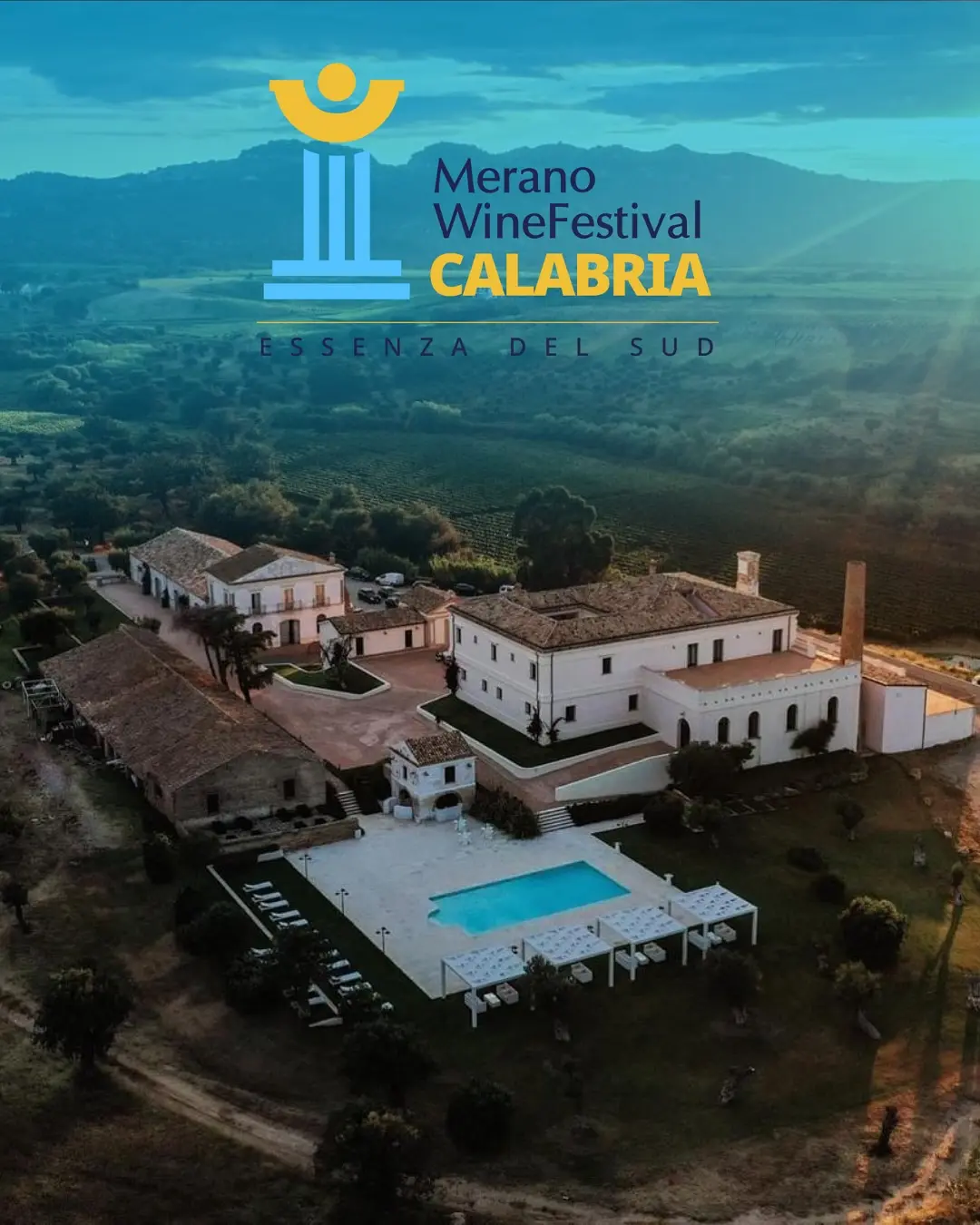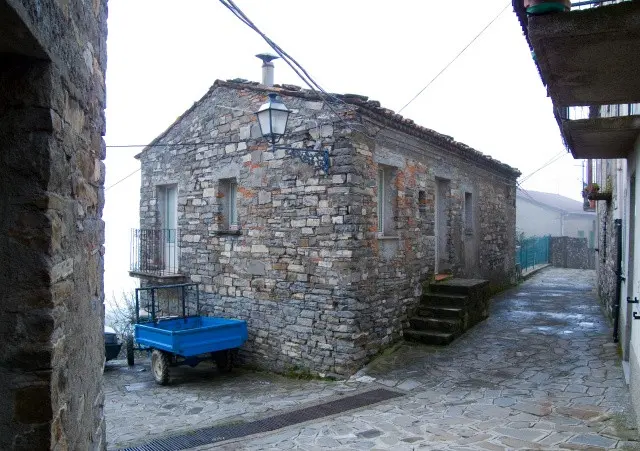Carnival of Alessandria del Carretto
Among the oldest and most interesting historical carnivals in southern Italy is that of Alessandria del Carretto


Street Performance
https://www.facebook.com/profile.php?id=100064850553912
Among the oldest and most interesting historical carnivals in southern Italy, that of Alessandria del Carretto is certainly very original.
Have you ever heard of the "Połëcënellë"? These are the typical masks of Alessandria del Carretto, a town in the province of Cosenza in the Pollino National Park. Literally, it means "Beautiful and Ugly Pulcinella" and is a unique parade to see if you are spending your Carnival holidays in Calabria.
Animated by mysterious and ritualistic masks, the Carnival of Alessandria del Carretto has as its protagonists the so-called Połëcënellë Bielle e Brutte that parade through the streets of the town, festively involving all visitors.
But what is the real meaning of these very special "Pulcinella"? It seems that in Alessandria del Carretto, Carnival is based on a real performance of Greek tradition aimed, as often happens in pagan rites, at propitiating the arrival of spring.
So the Połëcënellë wear their masks and their traditional dress, white embellished with ribbons and colourful accessories, and launch into dances that enchant young and old alike: according to tradition, the Połëcënellë Bielle represent the Apollonian impulse to life and beauty and vitality; while the Połëcënellë Brutte represent chaos and the evils of the world.
Thus, the propitiatory dance of the typical masks of Alessandria del Carretto stages the cathartic struggle between order and disorder, between death and rebirth.
The procession of the Carnival of Alessandria del Carretto is finally completed by the mask of the Ursë, a man disguised as an animal to symbolise the irruption of the forces of nature, and the Coremmë, the incarnation of Lent with a face covered in ash.




